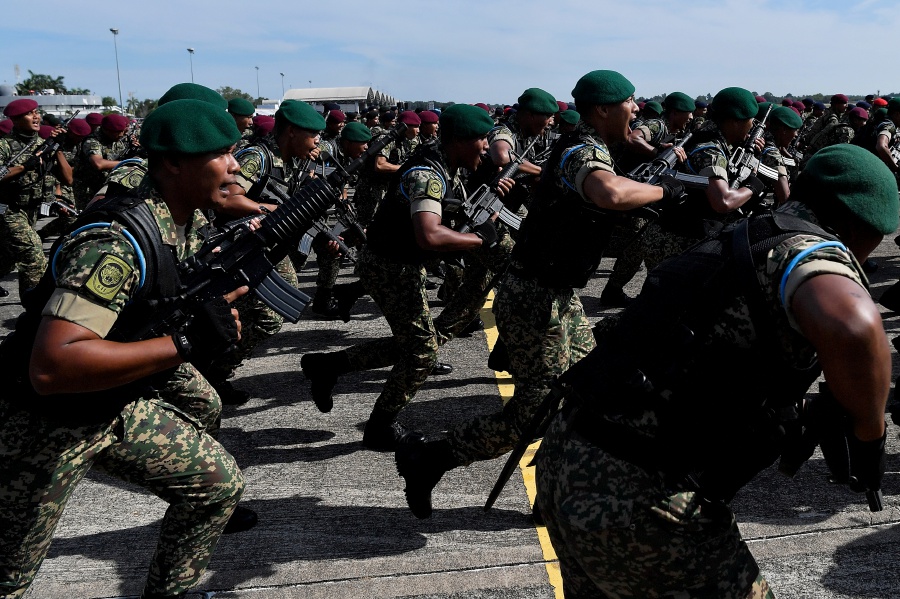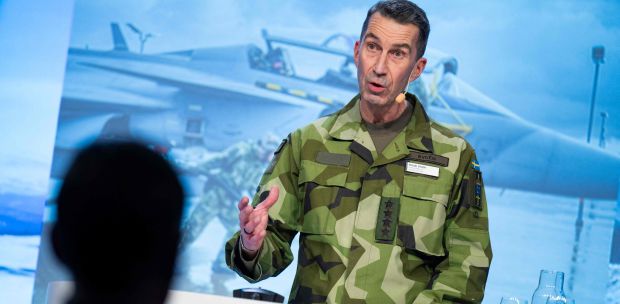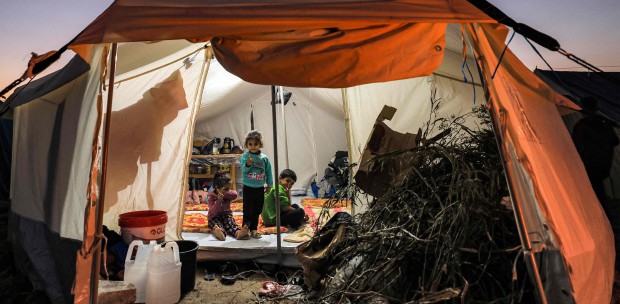ACCORDING to Imam Abu'l-Hasan al-Mawardi (d. 1058) in his comprehensive work on Islamic governance, Al-Ahkam al-Sultaniyyah (The Ordinances of the Government), one-eighth of zakat is specified for the expenses of people who are engaged in fi sabili-'Llah, "those [who struggle] on the path of God."
By extension, the specification includes soldiers defending a Muslim country, but such stipulation also underlines the importance of military assets in national defence from an Islamic viewpoint.
Besides ground forces, armadas have been a notable feature of Muslim armies since the early days of the Caliphate.
The two authentic Hadith collections of Imam al-Bukhari and Imam Muslim contain traditions wherein Prophet Muhammad had a vision of his followers sailing on "green sea like kings on thrones," foretelling the emergence of Muslim sea power.
At least two modern naval terms had Islamic etymology: admiral (from Arabic amir al-bahr, naval commander) and arsenal (from Italian arzanele, a corruption from the Arabic dar al-sina'ah, industrial warehouse).
Our local history attests to the effectiveness of warships in defending against seaborne invasion.
Sejarah Melayu (The Malay Annals) compiled by Tun Seri Lanang (d. 1659) chronicles a Siamese fleet attack upon Melaka in 1456, repelled successfully by the navy of the Melaka Sultanate with frontal assaults, which destroyed several enemy ships, and a firebrand stratagem, which scared off the remaining invaders because the defending fleet appeared to them larger than previously anticipated.
"[N]aval wars have always been conducted with galleys and galleasses," said Katip Celebi (d. 1657), the Turkish polymath who lived during the height of the Ottoman Empire's power in the 17th century.
Having served as a senior member of the military, Celebi was all too aware of the formidable capabilities of warships: dispatch of military reserves, delivery of essential provisions at times of crisis, bombardment from the sea, blockade of enemy supply lines, and deployment of amphibious forces at hotspots.
Malaysia's Defence White Paper (DWP) published in 2020 by the Defence Ministry acknowledges the country's geography as a maritime nation. As such, it is only fitting that its naval assets remain in perpetual state of readiness.
For the reason that the DWP emphasises the defensive role of the military and that readiness cannot be dispensed with in the greater part of any strategy, it is perhaps unwise to suggest the termination of an entire project such as the Littoral Combat Ships (LCS) for the Royal Malaysian Navy just because its completion is delayed or for the flimsiest reasons such as letting the country's economy recover.
Rather, economic affairs should be left in the ballpark of the economists. Furthermore, delayed delivery should not make obsolescence an issue because it is something that can be overcome with training and improvisation.
After all, an obsolete weapon just means newer and more powerful weapons have come out in lieu of it, not that the weapon has turned useless totally.
In asymmetrical warfare, a small military force of experienced soldiers equipped with weapons they are well-trained and have experience and could fight better than a larger army with hardware so new and sophisticated its handling could prove to be less than optimum.
In the wisdom of Katip Celebi: "[It] is not the skill of building ships, but preparing skilful sailors and cannoneers after completing their cannons, weaponry and supplies."
Apart from political instability, espionage, weak fortifications, and unfamiliarity with gunpowder weapons, another factor that led to the capture of Melaka by Alfonso d'Albuquerque in 1511 was the absence of navy power, since the fleets had all been sent out, albeit rather too late, to procure munitions on the eve of invasion.
Nineteen Portuguese caravels entered the narrow Straits and not a galley to stop them. Dare we repeat the history of failure? Anything that reduces the country's military readiness can only lead to unopposed encroachments until perceived weakness lures in a full invasion.
As the maxim goes: Si vis pacem para bellum (If we want peace, we should always prepare for the possibility of war).
The writer is fellow at Centre for Science and Environment Studies, Institute of Islamic Understanding Malaysia (IKIM)





